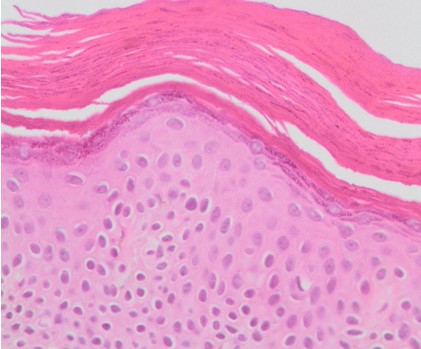Treatment-Related Toxicity for Cancer in Older Adults. Literaturereview
##plugins.themes.bootstrap3.article.details##
Pathologies of tumor origin are more frequent in the older adult population, however said population has fewer opportunities to access diagnostic studies and therapeutic interventions, not only due to the age and stage of the cancer, but also because they have conditions of aging such as decreased functional reserve, multiple pathologies, cognitive disorders, or lack of social support that impact on the clinical response to the different therapies that exist to treat cancer. In addition to this, the risk of toxicity conferred by the various cancer treatments, which leads to a more careful evaluation of the type of therapy, the dose, and the benefit of starting it. With the discovery of new therapies for cancer management, we not only face the risk of toxicity with traditional chemotherapy, but also the schemes developed in recent times, such as immunotherapy or targeted therapy, which can mainly generate toxicity to a lesser degree. cardiovascular, gastrointestinal and skin hematological. Taking into account the above, an attempt has been made to advance in the prediction of the risk of toxicity to chemo-radiotherapy, counting to date with different models based on clinical and paraclinical calculations, many of these criteria that come out of these tools are derived from the assessment geriatric (GV), we find tools to evaluate functional performance, cognitive status, social support, which provides valuable and comprehensive information for decision-making not only therapeutic, as well as models that include clinical and paraclinical parameters such as the CRASH tool which predicts non-hematological and joint hematological toxicity and the CARG tool that predicts joint toxicity.
Key words: elderly, cancer, chemotherapy, toxicityPalabras claves: adulto mayor, cáncer, quimioterapia toxicidad

This work is licensed under a Creative Commons Attribution 4.0 International License.


